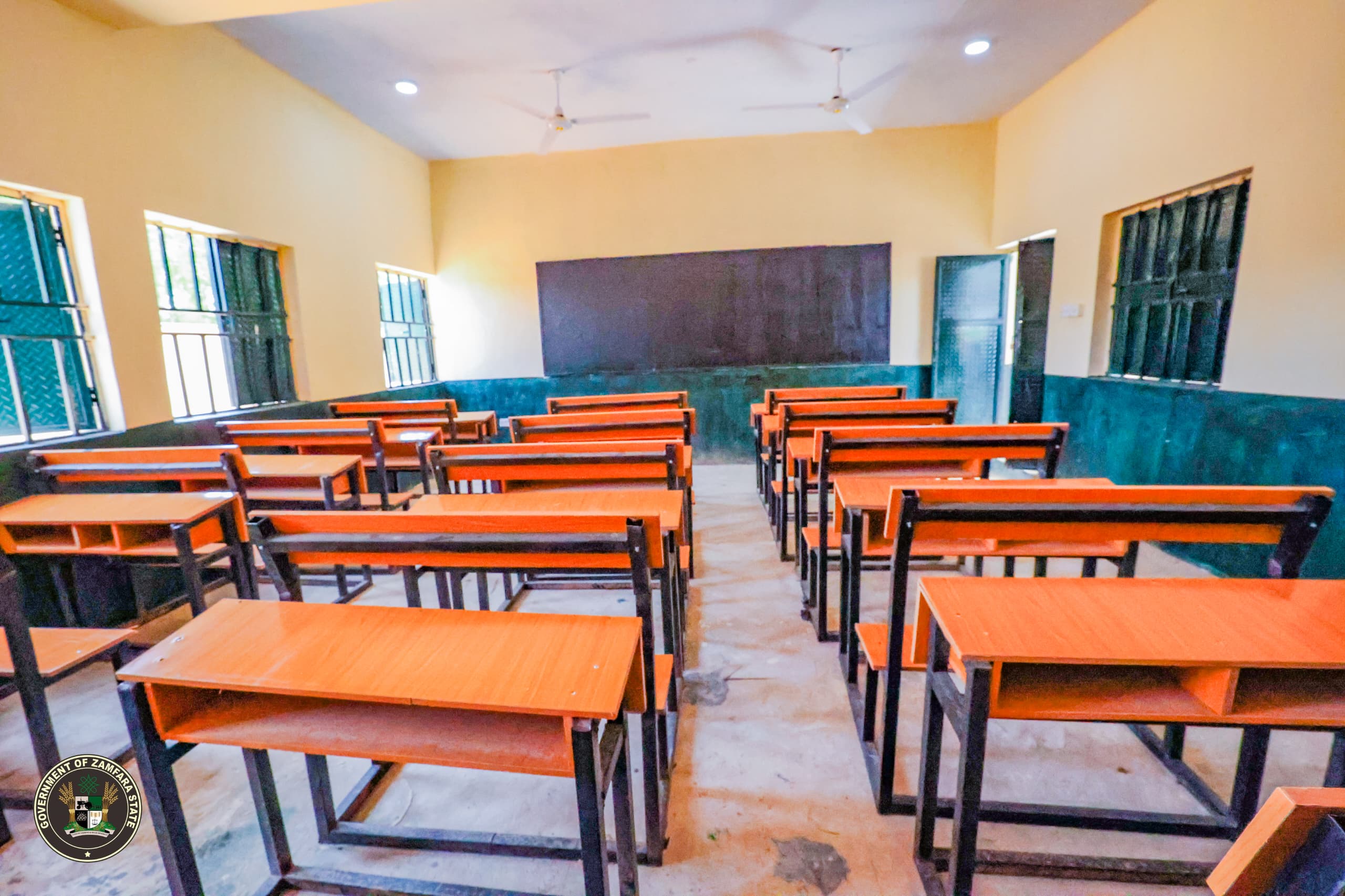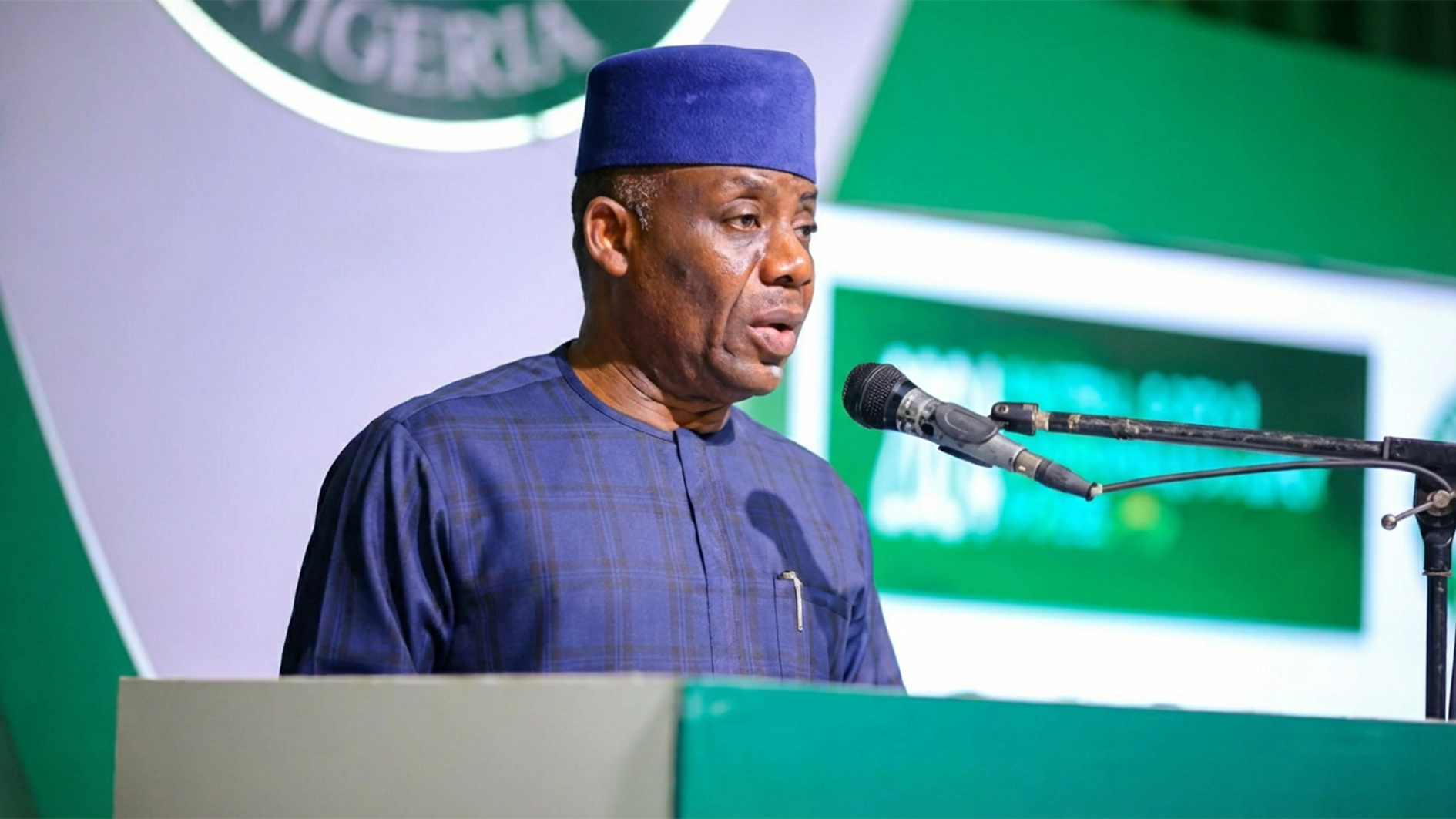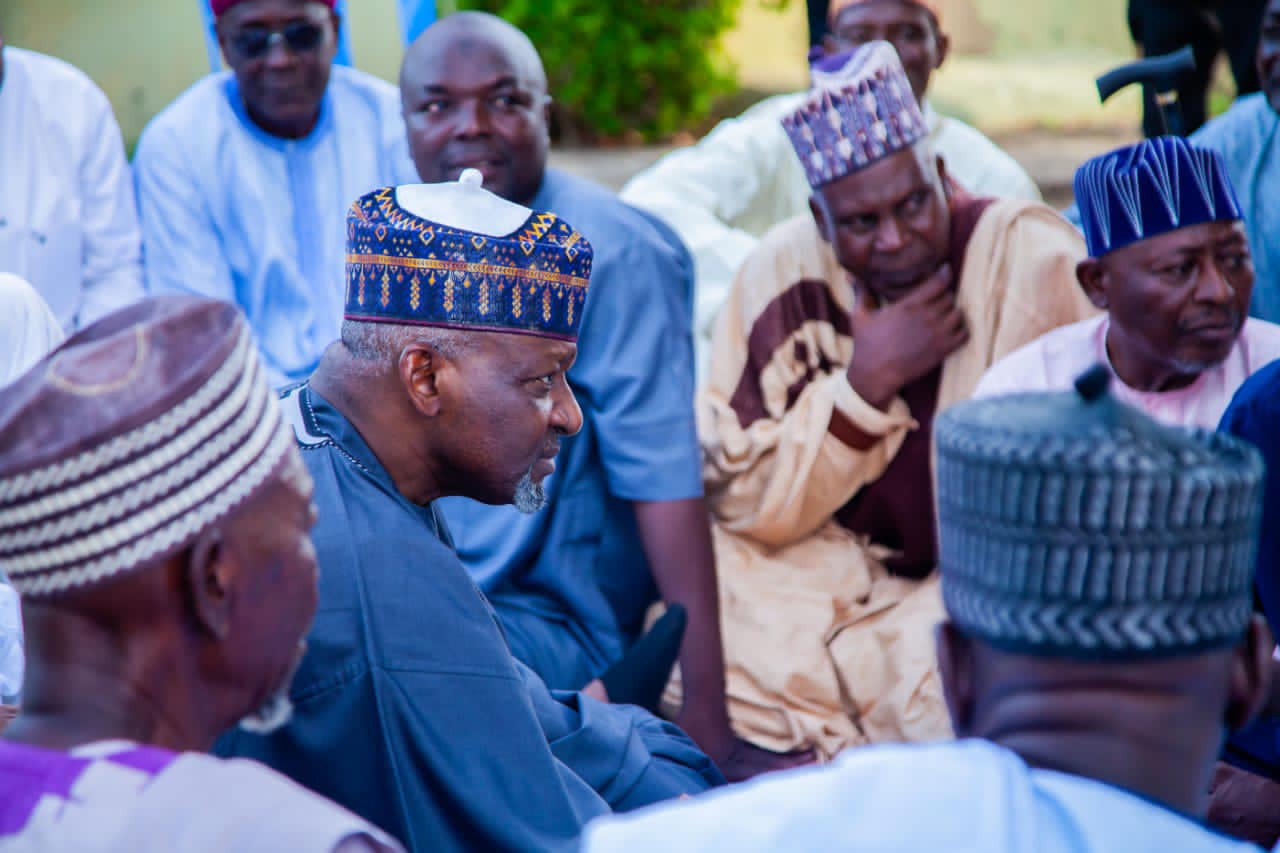• Dissociates self from ASUU strike
The Congress of University Academics (CONUA) has dissociated itself from the ongoing strike in Nigerian universities.
Being a separate and independent union, CONUA said it has never been part of the decision to embark on strike that has paralysed academic activities in the nation’s universities for over five months.
The group, through its national coordinator, Dr. Niyi Sunmonu, and national Publicity Secretary, Dr Ernest Nwoke, said strikes wreak great havoc on university system, and the concessions that are earned after every strike, over the decades, have amounted to pyrrhic victories, when weighed against the systematic destruction of the local and global image of university education in Nigeria.
The group advocated constructive engagement and constant dialogue with all stakeholders as virile alternative to strikes.
“As CONUA, we are of the strong belief that strikes should never be a strategy of first recourse. Their deployment should be contemplated only when all other options have failed, and they should not appear to be motivated by a desire to cause maximum damage.
“It was against this background that the congress dissociated itself from the strike when it was first declared on February 14, 2022. For example, in Obafemi Awolowo University (OAU), Ile Ife and Ambrose Alli University (AAU), Ekpoma, CONUA members were working until students were sent home last April. In fact, before the incident that caused students to be asked to vacate the campus, most of our members had concluded their lectures. Since it wasn’t our members who declared strike, lumping us together with those who are on strike, is, therefore, unfair.”
The group lamented the condition of service of academics in Nigeria, which they described as very poor and pitiable.
According to CONUA executives, Nigerian academics are among the worst remunerated when compared to their counterparts in African continent.
This, they said informed their letter in February 2022, to the Minister of Labour and Productivity, Dr Chris Ngige, demanding a review of the pay structure of all academic staff in the universities.
“We believe in the urgency of such an action and would continue to work towards the well-deserved improvement in condition of service.”
Besides, they admitted that there are problems with Integrated Payroll and Personnel Information System (IPPIS), citing inconsistent deductions and the fact that it completely eroded autonomy of universities and undermines the authority of vice chancellors as chief executives and accounting officers of their respective institutions.
The group, however, noted that these are issues that could be sorted out through collective efforts, and expressed its readiness to offer professional expertise of its members to the government to solve the problems.
It also called on the government to expeditiously register the union to provide a more robust platform for academics with alternative and more sustainable views to operate and engage authorities.






